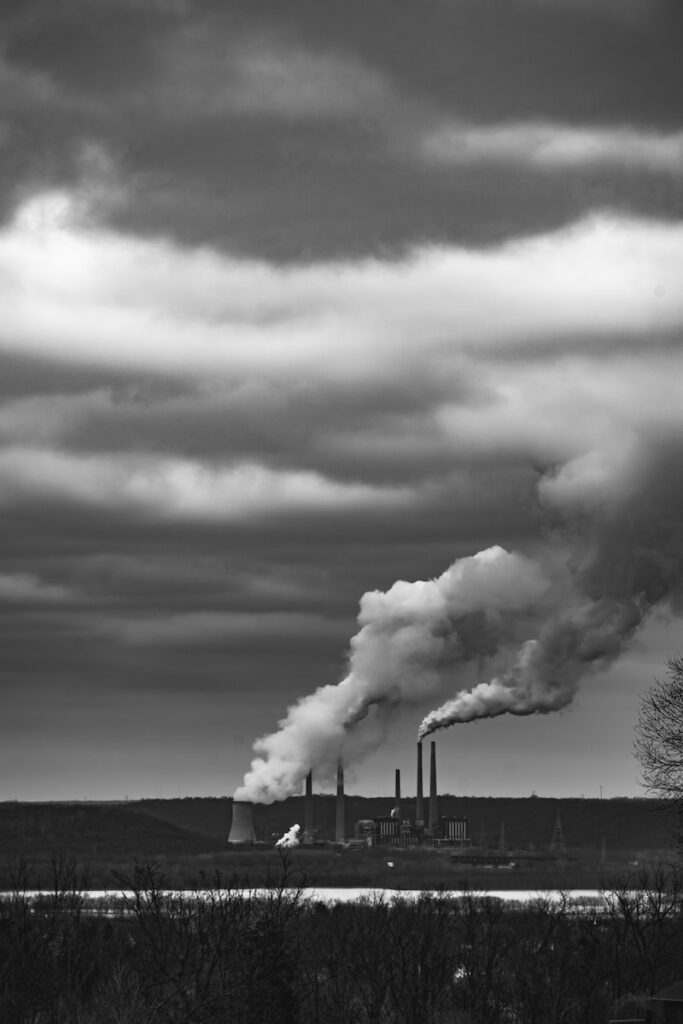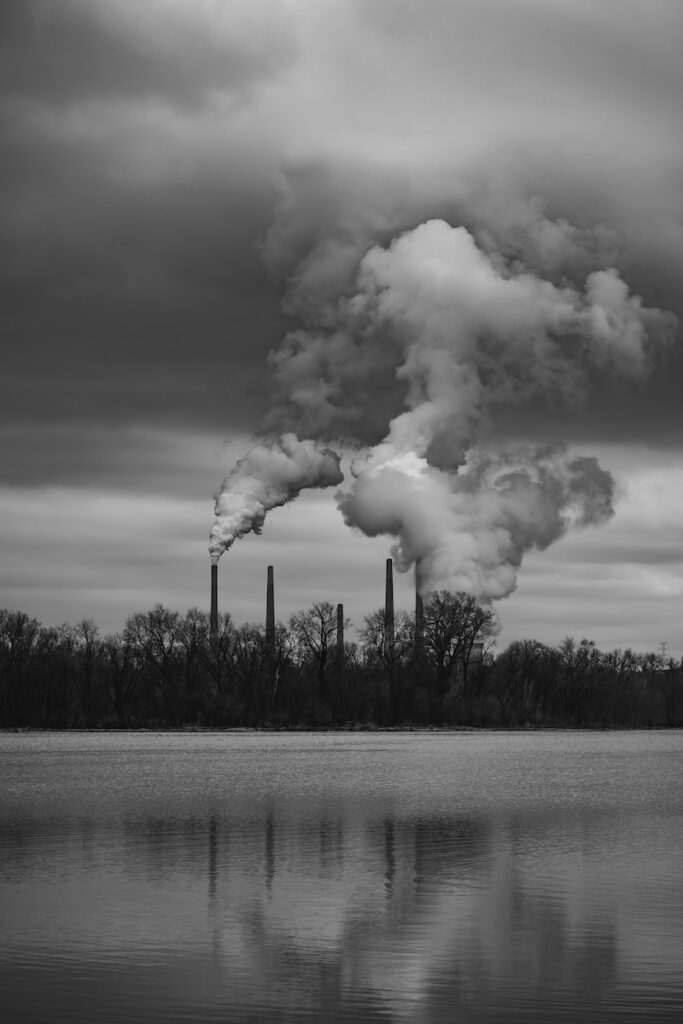11 Air Pollution Facts That Will Leave You Breathless
Air pollution is one of the most serious environmental and health problems in the world today. It affects millions of people and causes millions of deaths every year. But how much do you know about pollution and its impacts?
Here are 11 air pollution facts that will take your breath away!
1) Air pollution is a mix of particles and gases that can harm human health and the environment. Some common air pollutants include soot, smoke, mold, pollen, methane, carbon dioxide, ozone, and nitrogen dioxide.
2) 91% of the world’s population breathe polluted air every day. That means almost everyone is exposed to air pollution that exceeds the World Health Organization (WHO) guideline limits for pollutants.
3) It kills 6.7 million people every year, more than smoking, HIV, or war. Most of these deaths are caused by outdoor air pollution, which is linked to respiratory and cardiovascular diseases, stroke, diabetes, and lung cancer.
4) Air pollution is also a major contributor to climate change, which poses additional threats to human health and the planet. Air pollution from burning fossil fuels releases greenhouse gases such as carbon dioxide and methane, which trap heat in the atmosphere and raise the earth’s temperature.
5) Climate change worsens air pollution by increasing the frequency and intensity of wildfires, dust storms, and heat waves, which produce more smoke, dust, and smog. Climate change also affects the production of allergenic air pollutants such as mold and pollen, which can trigger asthma and allergies.
6) It is not evenly distributed around the world. Low- and middle-income countries suffer from the highest exposures and the highest death rates from air pollution. The WHO South-East Asia and Western Pacific regions account for 15% of global deaths from outdoor air pollution, while rich nations contribute only 2%

"This is a serious problem that affects everyone on the planet. But it is not inevitable or irreversible."

7) It also affects different groups of people differently. Children, elderly people, pregnant women, and people with pre-existing health conditions are more vulnerable to the effects of air pollution. Air pollution also disproportionately affects marginalized communities such as racial minorities, low-income groups, and indigenous peoples, who often live in areas with higher levels of pollution and have less access to health care.
8) Air pollution can have long-term effects on human development and well-being. Exposure to air pollution during pregnancy can increase the risk of low birth weight, preterm birth, and birth defects. Exposure to air pollution during childhood can impair lung function, cognitive development, and academic performance. Exposure to air pollution throughout life can accelerate aging and increase the risk of chronic diseases such as dementia.
9) It can also have economic costs for individuals and society. Air pollution can reduce productivity, increase health care expenses, lower property values, and damage crops and ecosystems. According to a World Bank report in 2016, air pollution cost the global economy $5.11 trillion in welfare losses in 2013.
10) Air pollution can be reduced by switching to cleaner sources of energy such as solar, wind, and hydro power; improving energy efficiency; promoting public transportation; using electric vehicles; adopting cleaner cooking and heating methods; planting trees; and reducing waste.
11) Can be monitored by using various tools and technologies such as satellites, sensors, models, and apps. These tools can provide real-time data on air quality levels, sources of pollution, health risks, and policy interventions. You can also check the air quality index (AQI) in your area by visiting this website.
Conclusion
Air pollution is a serious problem that affects everyone on the planet. But it is not inevitable or irreversible. By taking action to reduce air pollution at individual, community, national, and global levels, we can protect our health and our environment for ourselves and future generations. We hope these air pollution facts motivated you to get out there and make a difference!
